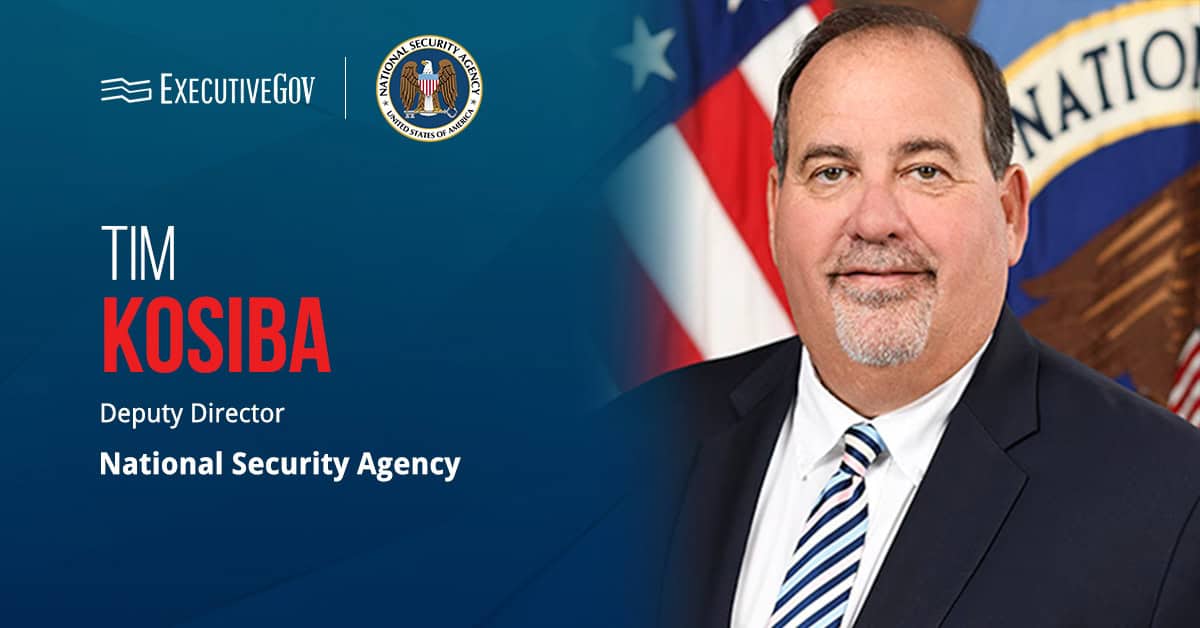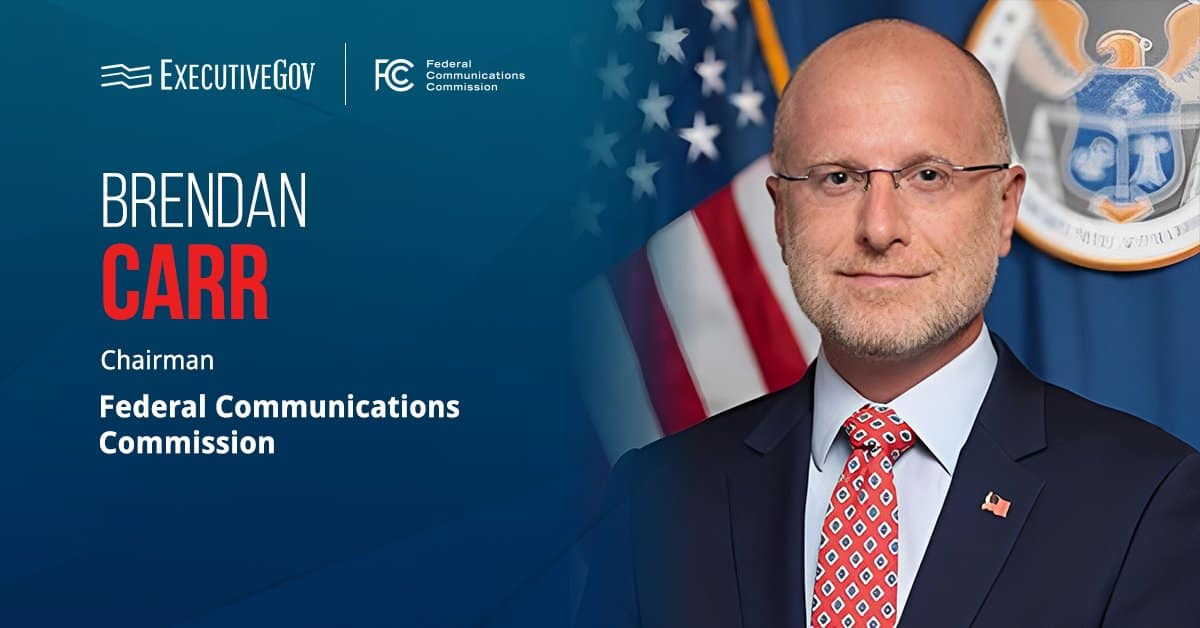
The Department of Energy has earmarked $12M in grants to support quantum information research projects for plasma science and fusion energy.
The funding opportunity will cover various topics such as novel quantum materials and quantum computing algorithms that could address fusion energy issues, DOE said Monday.
DOE will assess applications through a competitive peer review process and is anticipated to award grants from $50K to $1M annually within three years. Private companies, universities and nonprofit organizations are eligible to participate in the effort.
“Research of different forms of energy remains a top priority for the Department, and we look forward to continuing to aid further discoveries made from [quantum information science,]” said Paul Dabbar, undersecretary for science at DOE.
The department plans to obligate $7M from fiscal year 2020 funds and outyear funding for the effort.





